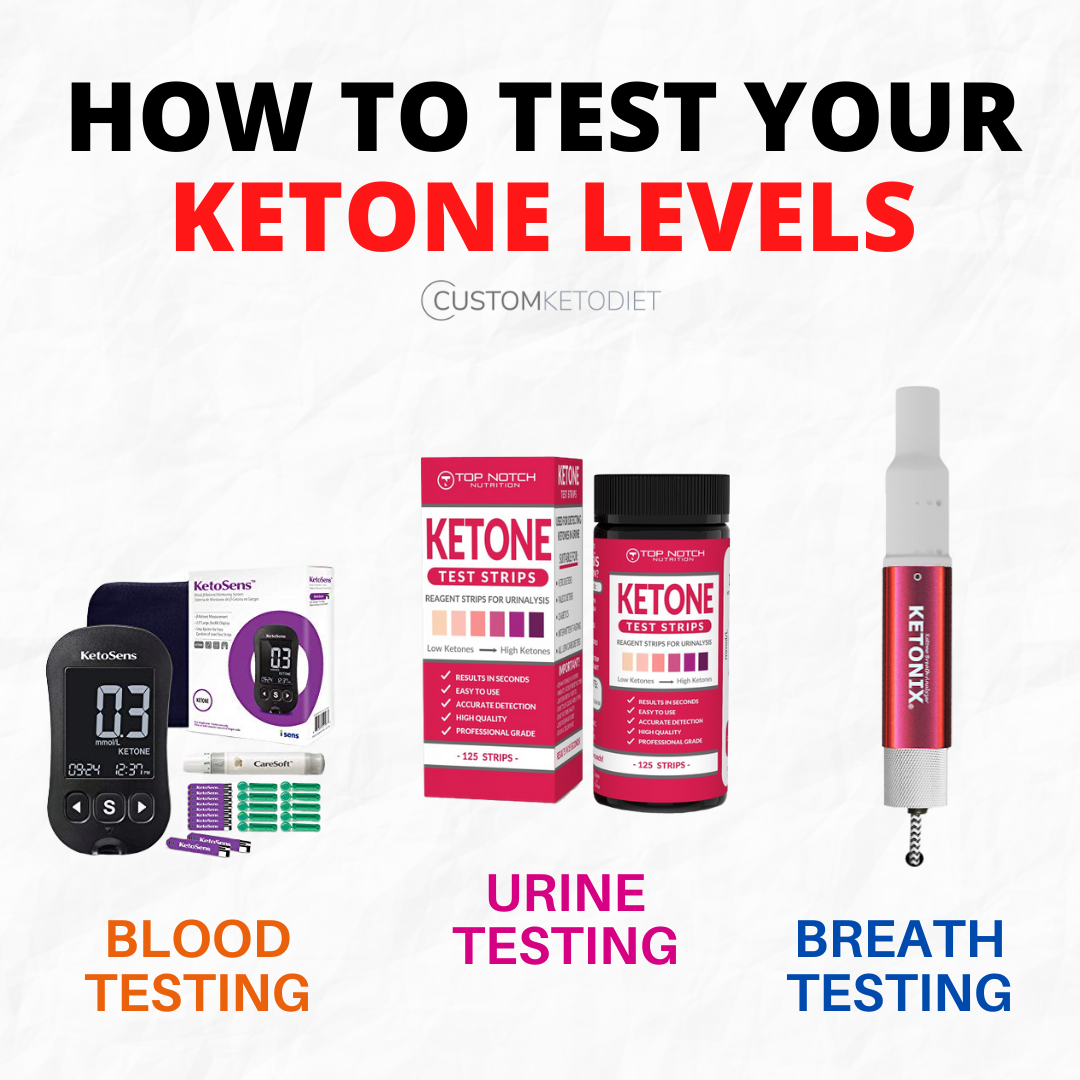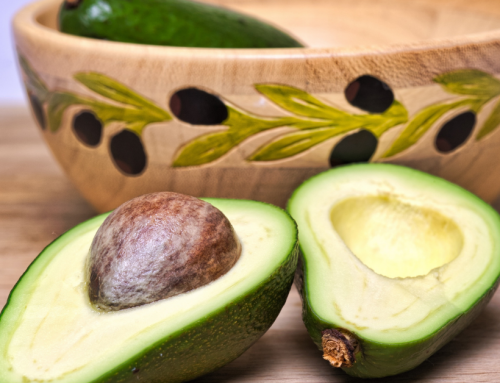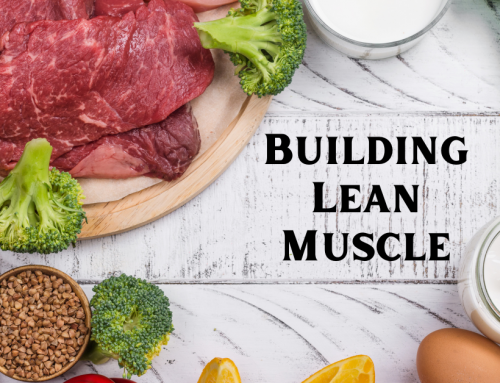The five things to do on the ketogenic diet for brain health
Remember the last time you went out to run errands and forgot what you were doing? Maybe you always write a TO-DO list of things you have to accomplish in a week so that you don’t have to store it in your short-term memory.
Everyone with a brain has also occasionally been let down by it. Sometimes when we need it the most, it just provides a foggy thought or half of that important TO-DO list. What a disappointment! How can you make your brain work better for you?
Something that can help those neurons in your brain zap a little bit faster and work for you when you need them the most is a ketogenic diet. Yep, your diet helps your brain!
Here are FIVE things to do while on the ketogenic diet, that will help increase your BRAIN HEALTH:
1. EAT FATTY FISH
Fatty fish, also known as oily fish, are primary sources of two out of three Omega-3 fatty acids needed for optimal brain function. DHA and EPA are considered good fats, unlike saturated fats in other meats. These fatty acids are essential for your overall health and well-being; they deliver tremendous benefits to your heart, brain, lungs, and circulation. High doses of Omega-3s slow plaque build-up in your arteries and lower some types of fat in your blood.
There are fish that have higher Omega-3 content than others. Mahi Mahi, Cod, catfish have less fat in their tissues, so you will not get as much from these. But, other fish like salmon, tuna, herring, anchovies, swordfish, sardines, mackerel contain the highest amount of Omega 3 fatty acids for your brain. Web MD offers a fantastic explanation of each type of fish and fat content.
Here are some of the things Web MD says:
- Everyone should aim to eat oily fish 1-2 times per week. Canned tuna is a cheap, quick fix for a lunch idea. Aim to choose Albacore tuna because it has three times the Omegas as skipjack or “light” stuff. If you are lucky enough to eat a fresh tuna, aim for the cuts from the belly and not the sides.
- Salmon is king when it comes to Omega 3s. This fish packs the highest levels of Omega 3s of any seafood. Farmed salmon can be purchased for less money than wild-caught salmon.
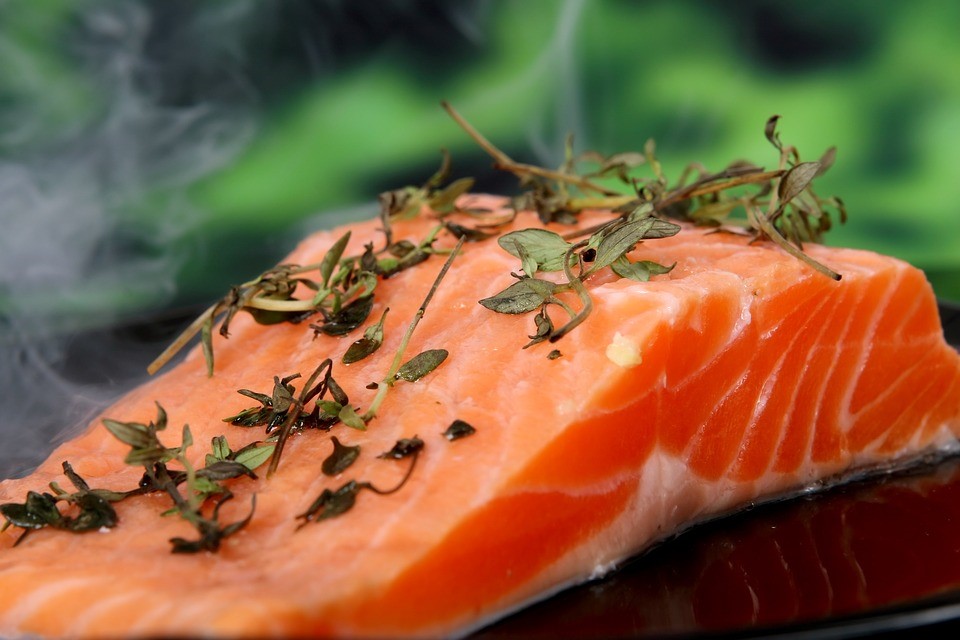
- Another option could be wild-caught salmon. They eat primarily algae and plankton, so they tend to be less fatty than their farmed cousins. But wild salmon is still a great source of omegas. They’re an excellent pick for pregnant and nursing women because, like farmed salmon, they tend to have lower levels of mercury, PCB, and other toxins. If you eat your catch, pay attention to the advisories for rivers, lakes, and other bodies of water.
- Mussels are surprisingly loaded with Omegas. They are technically shellfish and not oily fish; regardless, they rank highest in Omega-3 fatty acids above lobster, clams, shrimp, and scallops.
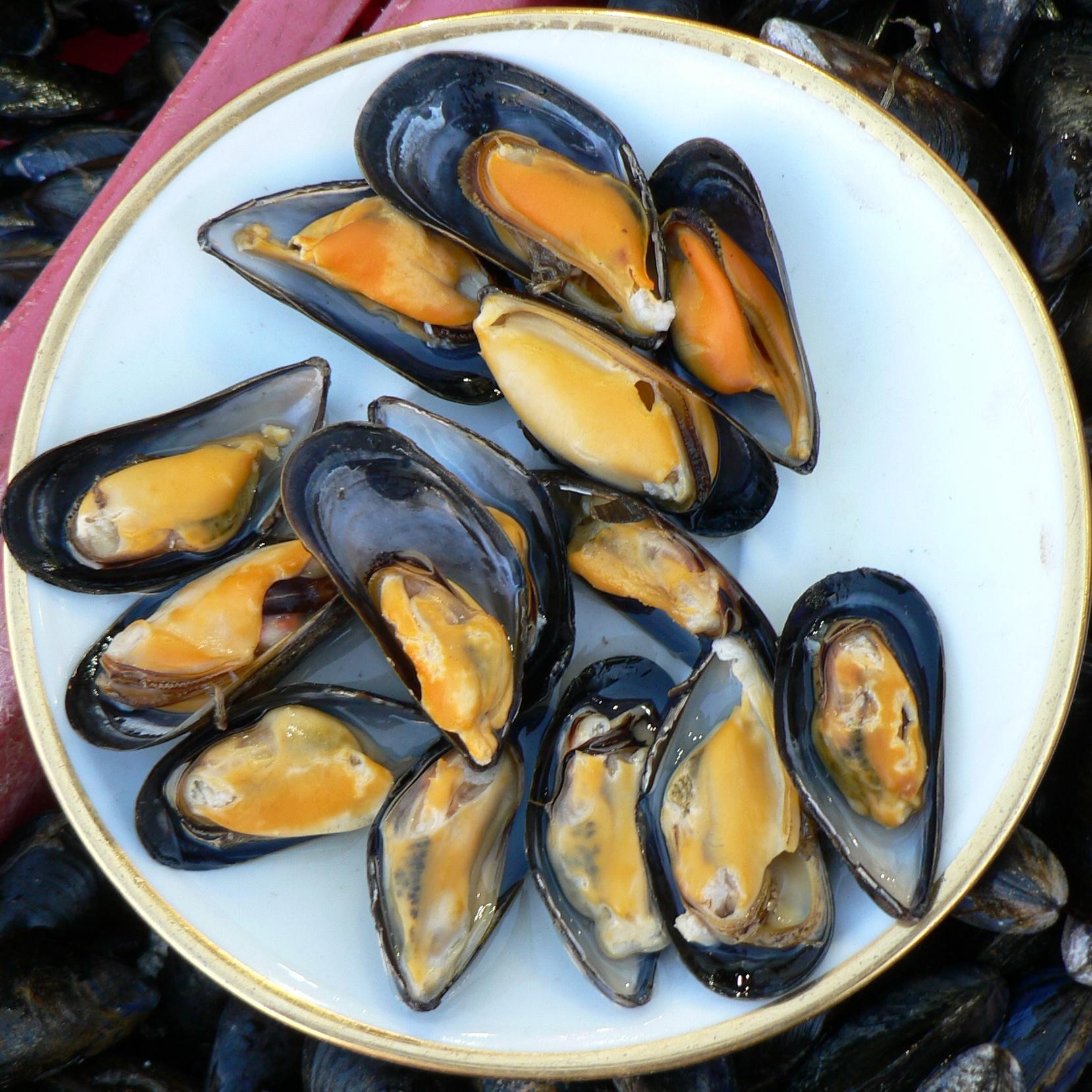
- Anchovies are not everyone’s favorite, but they are very versatile. You can put them on salads, pizza, or bread. These tiny salty silvery fish are packed with Omega essentials.
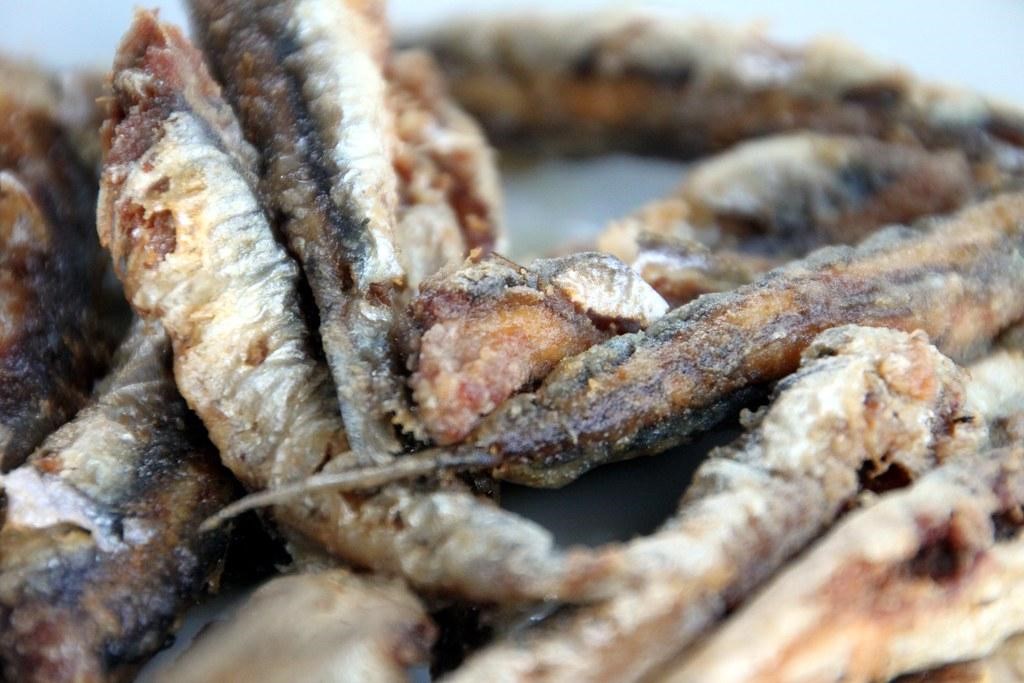
- Sardines are another option; they live short lives, so they don’t have as much mercury buildup in their systems as other fish as swordfish have. Typically you can find sardines in a flat can in your local grocery store, but you can also buy them fresh and roast them.
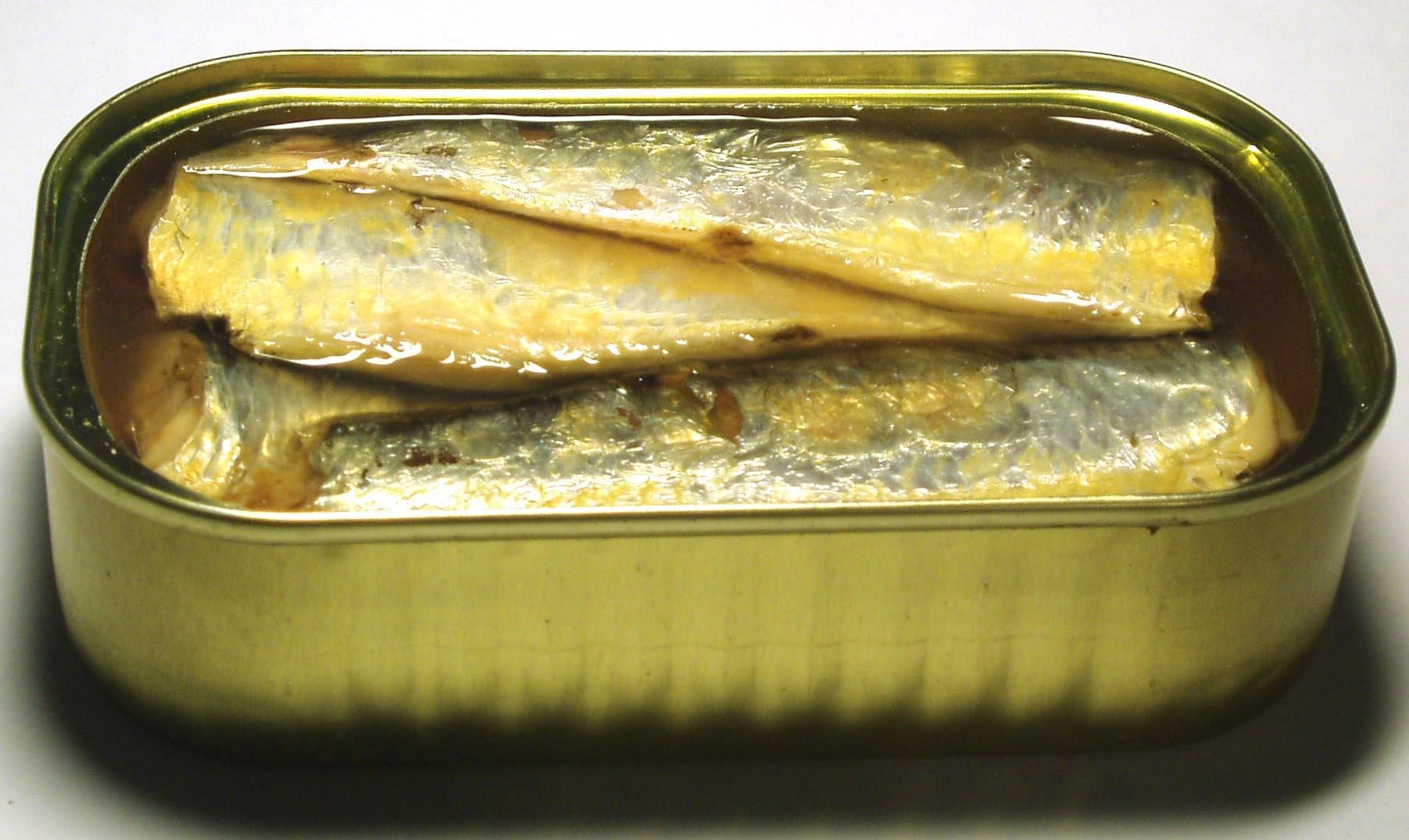
- A large trout catch is an angler’s dream. It’s also an excellent choice for your lunch or dinner table. Like salmon, trout is loaded in DHA and EPA which has lower levels of mercury.

2. STAY AWAY FROM SUGAR
If you love dessert but might be indulging too often, it’s time to get this in check. Honestly, sugar comes in many other forms besides dessert.
Added sugar is present in your libations, your fruit juices, your baby’s grab n go pouches, marinades, pre-packaged foods, but don’t get overwhelmed. You may think there is no hope, and why should I even try to avoid this monstrosity that is in everything!
I’ll tell you why, sugar clogs the system; it hinders the natural working processes that occur in our bodies. Unfortunately, America is ranked number one in sugar consumption with a staggering 126g of sugar intake daily, compared to the recommended 25 grams a day by WHO (World Health Organization). While reading through a blog, lifeandhealth.org, I stumbled on this direct quote from the director of the World Health Organizations Department of Nutrition for Health and Development:
Dr. Francesco Branca says:
“We have solid evidence that keeping intake of free sugars to less than 10% of total energy intake reduces the risk of overweight, obesity and tooth decay”. Making policy changes to support this will be critical if countries live up to their commitments to reduce the burden of non-communicable diseases.
Much of the sugars consumed today are ‘hidden’ in processed foods that are not usually seen as sweets. For example, one tablespoon of ketchup contains around 4 grams (approximately 1 teaspoon) of free sugars. A single can of sugar-sweetened soda contains up to 40 grams (around 10 teaspoons) of free sugars.
The recommendations are based on analysis of the latest scientific evidence. This evidence shows that adults who consume less sugars have lower body weight and, second, that increasing the amount of sugars in the diet is associated with a weight increase. In addition, research shows that children with the highest intakes of sugar-sweetened drinks are more likely to be overweight or obese than children with a low intake of sugar-sweetened beverages.
The recommendation is further supported by evidence showing higher rates of dental caries (commonly referred to as tooth decay) when the intake of free sugars is above 10% of total energy intake compared with an intake of free sugars below 10% of total energy intake.
Based on the quality of supporting evidence, these recommendations are ranked by WHO as “strong.”
Many people suffer from processed sugar addictions. They think they need that sweet flavor for almost everything they eat. Once you cut out processed sugar, it takes about four to seven days for your taste buds to change. In other words, that “sweet taste” you were hunting for will become manageable and a lot more identifiable.

To understand the devastation sugar can have on your body, you must be able to identify it correctly. How do we do this? It’s easy:
- Read the Nutrition Labels of things you buy compared to the serving size. For instance, an eight-ounce cup of plain low-fat yogurt contains 17.25 grams of sugar! Read the label; the truth about foods you once considered “healthy” or “harmless” is deceitful.
- Hopes for plain non-fat yogurt still exist. The total sugar listed on the nutrition label is a great guide, but it includes both natural and added sugars. Look in your ingredients and look for words that end in -ose. Words like fructose, dextrose, maltose, and other syrups that may be listed are the processed sugars that you want to avoid.
- Cereals with added sugars are very common, and adding things like agave nectar, honey, maple syrup, brown sugar to your foods will increase your daily sugar toll tremendously. Be aware of what you eat and start removing these extra syrups. You will begin to notice that sweet potatoes are sweet ALL BY THEMSELVES!
Once you clear out processed sugars through your ketogenic eating habits, you will notice that you can focus on things for a more extended period of time, sleep better, think clearer, lose weight, and have sustainable energy. The living machine (our body) can do incredible things, as we know from history. It’s time to take back our potential.
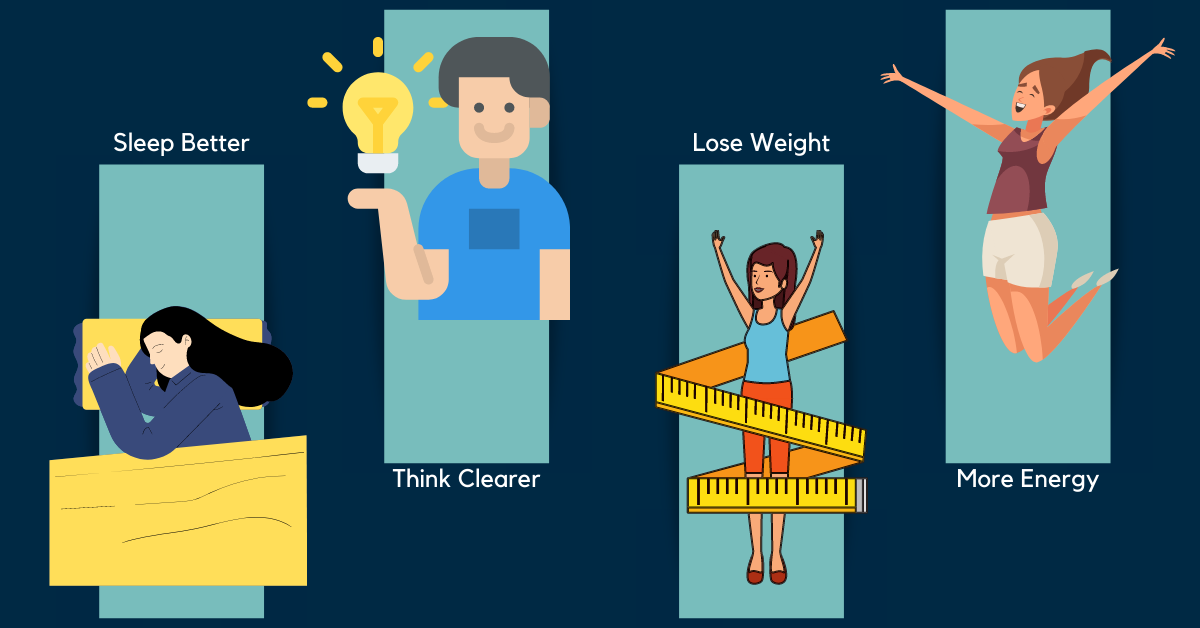
3. MEASURE YOUR KETONE LEVELS
Following a keto diet is popular right now. Individuals see dramatic weight loss results from switching to a high-fat, low-carb style of eating. The medical results from going to keto have also helped people with diabetes, epilepsy, autism, and Alzheimers.
The essential facts around keto are becoming indisputable. Top doctors and medical professionals everywhere investigate how to improve and protect brain health.
The presence of ketones in your blood increases once you have reached a state of ketosis. Your liver is in charge of releasing those ketones. Why are they so important?
What you eat directly impacts your brain health. Current evidence suggests that ketogenic and Mediterranean diets help protect the brain. From this evidence, we can conclude that humans should consume real food, which is vital in our overall health and well-being. By real food, I mean things that swim, fly, and grow and live from the ground.
A study from the Charlie foundation according to Mary Newport MD says:
“It is possible, with the introduction of ketones in the body, that some repair and reversal could occur in Alzheimer’s. It seems likely that ketones can stimulate the growth and survival of neurons as well as the extension from neurons (axons and dendrites) thereby increasing the connections between brain cells (synapses). The decrease in synaptic density is likely the primary pathological defect in Alzheimer’s disease”.
The simple progression of aging itself can cause a natural degeneration of neurons, and the circuitry between these neurons. In one study, aging mice were able to navigate mazes and recognize objects better while on a Ketogenic Diet compared to a control group of mice on a regular diet. Another animal study showed that Ketogenic Diet fed to brain-injured juvenile mice protected neurons from damage and even allowed them to regenerate.
The effectiveness of ketogenic therapy for epilepsy has been proven in many clinical studies. Although we do not fully understand how it works to control seizures, there is compelling evidence that many neurological conditions are linked—people with Alzheimer’s disease, for example, have a higher incidence of seizures. Seizures are common in people with diseases with metabolic defects, and studies show that dietary intervention is the most effective treatment.
Being acutely aware of your ketone levels after starting your new diet plan will not only determine your ultimate success but will also help you feel reassured that you are adequate power to your brain. Staying aware and in tune with your body, your mind and your spiritual health is important so that you can remind yourself why you are never going back to your old ways.
Check your ketone levels through blood tests or urine strips. You can find these monitoring tools on Amazon.
4. INGEST ENOUGH FIBER
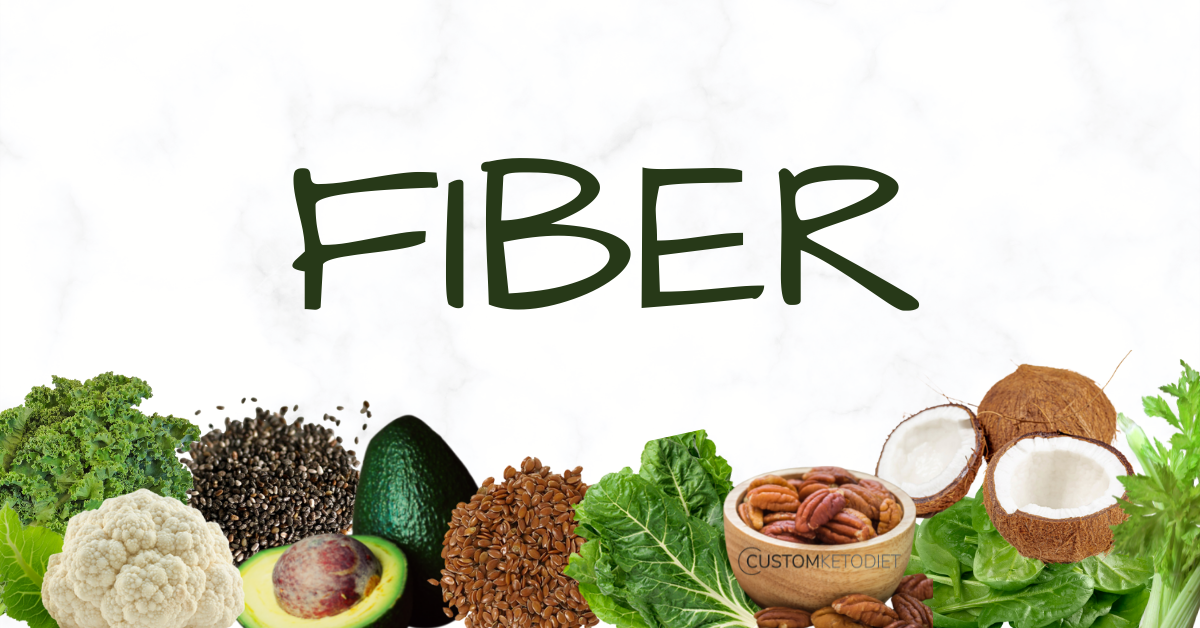
Going Keto can take a dramatic toll on your digestive system. You may control difficulty going and you may also experience initial keto flu. These issues will pass and you will be on the other side of them within two weeks. Drinking adequate water, eating vegetables that are rich in fiber, or taking a supplement that may help with digestive processes can be life-changing.
Here are some keto-friendly vegetables that can help you with staying regular:
- Avocado
- Chia seeds
- Collard greens
- Cauliflower
- Raw coconut
- Pecans
- Flaxseed
- Green smoothies (spinach, celery, or kale, add seeds, throw in avocado for some thickness, coconut water, or sugar-free almond milk)
5. TAKE YOUR SUPPLEMENTS

Let’s face it, we’re not all perfect all the time. Many people work long hours, and many people travel, throwing them off the path of a good diet. It’s okay to have an indulgent meal, and it’s okay to not make fat loss the primary focus of your everyday everything.
If you find yourself in one of these situations or you have travel planned, then make a plan for success! You are your own worse enemy and you are your own biggest cheerleader when it comes to a diet or a lifestyle change.
There are wonderful supplements that can make this change more manageable:
- OMEGA-3 for brain health
- Magnesium for muscle cramps, irritability and to help you sleep better.
- MCT oil to quickly up your fat intake as a keto dieter.
- Vitamin D to help absorb calcium and boost immunity.
- Digestive Enzymes to help promote regularity.
“Your life does not get better by chance, it gets better with change” Jim Rohn


